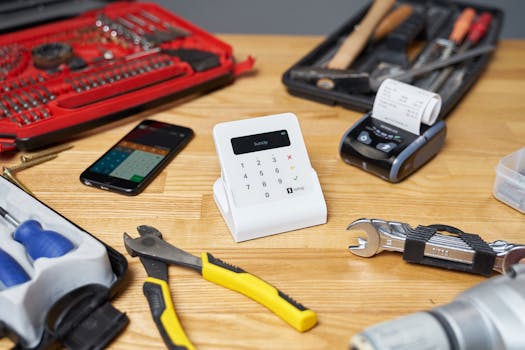Mastering Your Finances: A Step-by-Step Guide to Organizing Bills and Payment Schedules

O
rganizing your bills and payment schedule is an essential part of maintaining a healthy financial life. It can seem overwhelming at first, but with a strategic approach, it can become manageable and even rewarding. Streamlining your finances not only alleviates stress but also prevents late fees and cultivates healthier spending habits. This article delves into practical tips to organize your finances effectively, exploring techniques for tracking bills, setting up reminders, aligning payment dates, and leveraging digital tools to simplify the process.
The first step in organizing your bills is to track them. This involves keeping a record of all your bills, including their due dates and amounts. You can do this manually using a spreadsheet or notebook, or you can use digital tools like bill tracking apps that automatically record and categorize your expenses. Tracking your bills allows you to see where your money is going and helps you identify areas where you can cut back.
Next, set up reminders for when your bills are due. This can be done through calendar alerts on your phone or computer, or through reminder features in bill tracking apps. Setting up reminders ensures that you never miss a payment, which can lead to late fees and damage to your credit score.
Aligning your payment dates is another effective strategy for managing your bills. If possible, try to schedule all your bill payments around the same time each month. This makes it easier to budget for your expenses and reduces the risk of forgetting a payment.
Digital tools can greatly simplify the process of organizing your bills. Many banks and financial institutions offer online banking services that allow you to pay bills directly from your account. There are also numerous apps available that can track expenses, set reminders, and even automate bill payments.
However, while digital tools can be incredibly helpful, it's important not to become overly reliant on them. Always keep a manual record of your bills as a backup in case of technical issues. And remember to regularly review your finances to ensure that you're staying on track.
Organizing your bills and payment schedule may seem like a daunting task, but with the right approach, it can become a manageable part of your routine. By tracking your bills, setting up reminders, aligning your payment dates, and leveraging digital tools, you can streamline your finances and achieve fiscal clarity.
In conclusion, good financial organization is more than just a way to avoid late fees. It's a way to gain control over your money and make informed decisions about your spending. When you know where your money is going and when it's due, you can plan ahead and avoid financial stress.
So if you're ready to take control of your finances, start by organizing your bills and payment schedule. It may take some time to get used to, but once you've got the hang of it, you'll wonder how you ever managed without it. Remember: the key to financial success is organization. With a little effort and the right tools, you can achieve fiscal clarity and peace of mind.